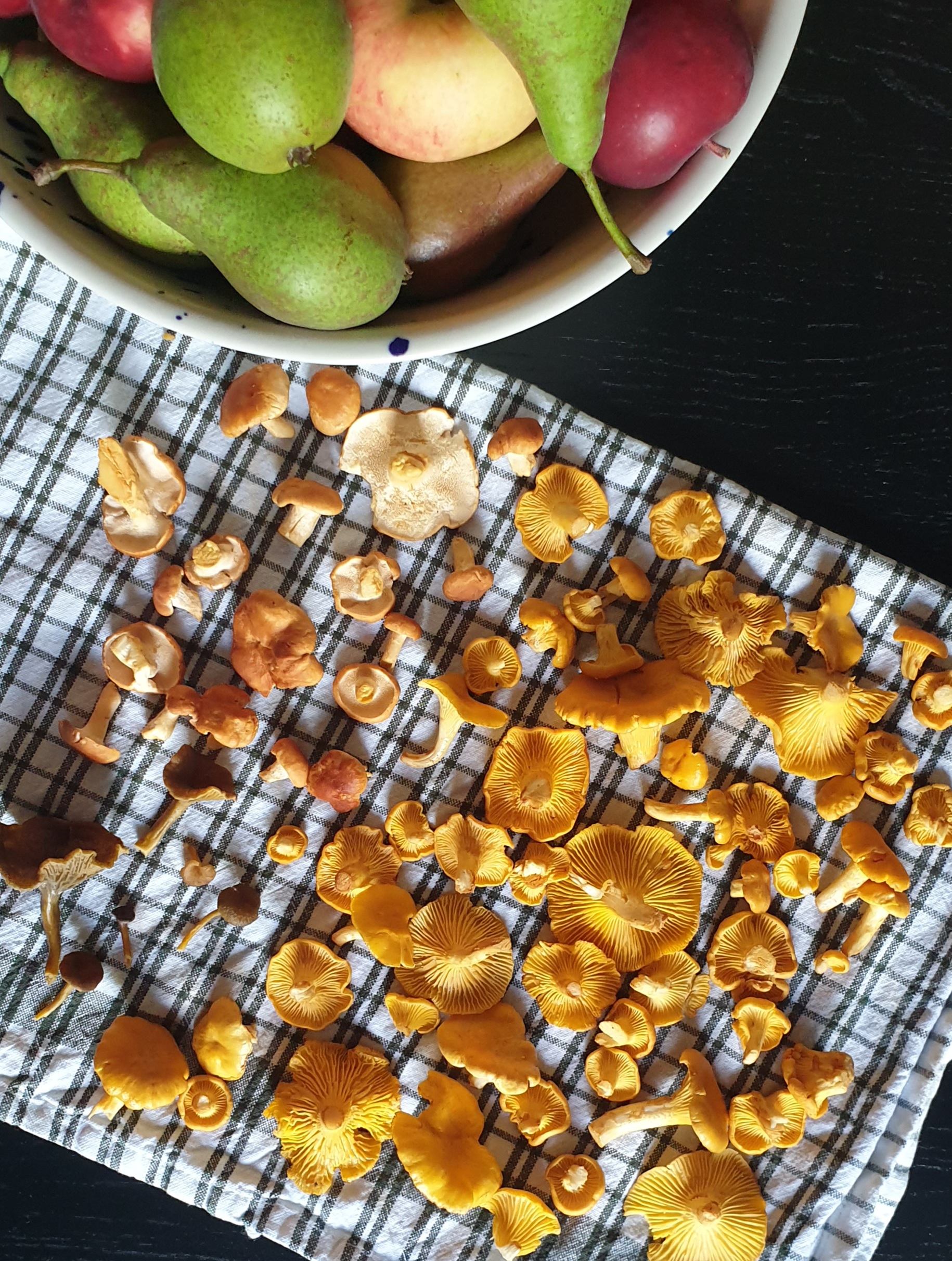Have you noticed how disconnected from our food we have become? Luckily gardening and foraging are regaining popularity and it turns out they are powerful tools for living more sustainably. Both offer more than just a way to source food; they represent a profound reconnection with the natural world and a meaningful way to go green
Home Gardening is for everybody
Whether you grow just a few herbs on your windowsills or built yourself a full on veggie garden, you reduce the carbon footprint associated with commercial food production. Commercial agriculture involves extensive transportation, packaging, and industrial farming techniques that contribute substantially to greenhouse gas emissions.
By growing your own food, you eliminate several key environmental stressors:
- Reduce transportation emissions from food shipping
- Minimize packaging waste
- Control your agricultural inputs, potentially avoiding chemical pesticides and fertilizers
- Create a biodiverse microenvironment in your own yard
Moreover, home gardens support local ecosystems. They provide habitats for pollinators like bees and butterflies, create green spaces in urban and suburban environments, and help maintain local biodiversity. Each garden becomes a small but significant sanctuary for wildlife and plant species.
Foraging: An Ancient Practice of Sustainable Eating
Foraging takes sustainability a step further by utilizing wild, naturally occurring food sources. This practice, deeply rooted in human history, allows individuals to harvest foods that grow without human intervention, requiring no additional resources beyond careful, responsible collection.
Responsible foraging offers numerous ecological benefits:
- Zero agricultural input required
- No land transformation or habitat destruction
- Promotes understanding of local ecosystems
- Reduces demand on commercial food systems
- Encourages biodiversity appreciation
However, sustainable foraging demands profound respect and knowledge. A foragers, we must understand local plant identification, seasonal availability, and harvesting techniques that prevent ecosystem damage. The key is taking only what is needed and ensuring the continued health of the natural environment.
Building Connection and Resilience
Beyond environmental benefits, gardening and foraging foster personal and community resilience. They provide direct skills for food production, reduce dependency on complex supply chains, and create opportunities for learning about local ecosystems.
These practices also offer significant mental health benefits. Gardening is known to reduce stress, provide physical exercise, and create a sense of accomplishment. Let’s be honest, nothing tastes as good as a tomato you grew yourself. As for foraging, it connects individuals intimately with their local landscape, turning walks and hikes into opportunities for nourishment and discovery.
Practical Steps for Getting Started
If you are interested in starting a garden or learning how to forage:
- Start small with a few garden containers or a raised bed
- Join local foraging groups or take guided workshops
- Invest in books and guides specific to your region
- Learn from experienced gardeners and foragers
Conclusion
Gardening and foraging represent more than alternative food sources. They are pathways to a more sustainable, interconnected relationship with our environment. By embracing these practices, we can reduce our ecological footprint, support local ecosystems, and rediscover our fundamental connection to the natural world.


Leave a Reply